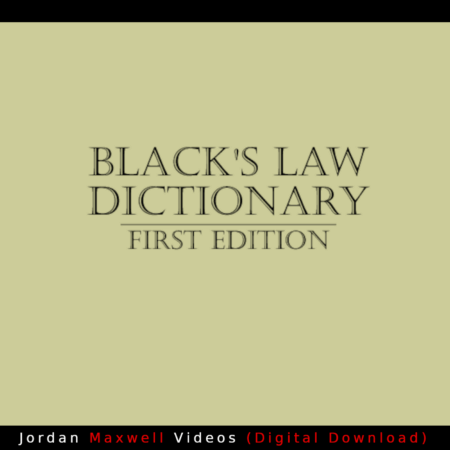Description
What Is the Law of Nations?
Law of Nations—also called jus gentium—sets the rules for how sovereign states deal with one another. Roman jurists sketched early ideas. Over centuries, states and scholars refined those ideas into a durable framework for modern international law. Moreover, the system defines rights, duties, and diplomatic protocols that help nations prevent conflict and solve problems. In practice, diplomats and courts use these principles to manage recognition, negotiate treaties, and regulate the lawful conduct of war and peace.
Topics: Law of Nations, international law, sovereignty, Hugo Grotius, global governance, Jordan Maxwell.
Historical Significance
Ancient Rome offers the roots of the tradition; however, seventeenth-century thinkers gave it clear shape. Hugo Grotius, often called the “father of international law,” advanced a systematic approach to sovereignty, treaties, and humane conduct. He urged states to honor agreements even during conflict, turning custom into obligation. Consequently, later jurists built a coherent body of rules that guided diplomacy around the world.
The Law of Nations and Sovereignty
Sovereignty sits at the center. Each nation governs its territory and domestic affairs. Additionally, consent-based rules enable cooperation without surrendering independence. In particular, doctrines such as non-intervention and pacta sunt servanda (“agreements must be kept”) keep relations predictable, reduce risk, and encourage trust.
Core Areas and Modern Practice
Today the Law of Nations shapes far more than diplomacy. For example, maritime law allocates rights on the seas and targets piracy jurisdiction. Likewise, human-rights and humanitarian law protect civilians and regulate treatment of combatants. Moreover, international economic rules coordinate tariffs, sanctions, and investment protections across borders so trade can flow with fewer surprises.
Common Misconceptions
People often assume countries follow international law only when convenient. In reality, governments comply most of the time because predictability lowers costs and limits retaliation. Therefore, reputation, reciprocity, and access to markets often drive behavior as powerfully as force.
- Sovereignty & recognition: Defines statehood and explains how legitimacy is acknowledged.
- Treaties & obligations: Details how promises form, how courts interpret them, and how parties enforce them.
- Peace & conflict rules: Sets lawful conduct, neutrality standards, and protections for civilians.
- Dispute settlement: Uses arbitration and international courts to resolve claims without escalation.
Relevance to Research and Inquiry
Understanding these principles helps readers navigate global governance, diplomacy, and legal sovereignty. They illuminate how nations coordinate, resolve disputes, and uphold human rights in real cases. Moreover, followers of Jordan Maxwell can use this lens to study how power, symbolism, and finance operate across borders. Likewise, the framework clarifies how domestic law interacts with treaties, trade regimes, and monetary systems. Consequently, contemporary debates make more sense when placed inside this historical structure.
Why It Matters
The Law of Nations remains a cornerstone of international order. Therefore, mastering its concepts equips students, professionals, and truth-seekers to evaluate policies, rights, and institutions with precision. Ultimately, this knowledge sharpens thinking about sovereignty, consent, and the limits of state power. In other words, it explains who decides, who agrees, and who must follow through.
Own the complete 27-DVD collection
A comprehensive journey through Jordan Maxwell’s research.

Request Jordan Maxwell’s 27-DVD legacy collection for just $399. Act now while it’s on sale!
Jordan Maxwell: Wikipedia
Jordan Maxwell 27 DVD Collection
© Jordan Maxwell Videos. All Rights Reserved.









 Jordan Maxwell Videos
Jordan Maxwell Videos